This article was co-authored by Claudia Carberry, RD, MS. Claudia Carberry is a Registered Dietitian specializing in kidney transplants and counseling patients for weight loss at the University of Arkansas for Medical Sciences. She is a member of the Arkansas Academy of Nutrition and Dietetics. Claudia received her MS in Nutrition from the University of Tennessee Knoxville in 2010.
This article has been viewed 47,440 times.
Many people who struggle to lose weight watch in envy as their thinner friends eat whatever they want, seemingly without consequence. Diet and exercise are important components of any healthy lifestyle, no matter what your weight or weight-loss goals are, but there are some important lifestyle tips that anyone can learn from the naturally thin crowd. In fact, some experts advise that taking cues from naturally thin people can help give an instant boost to your confidence and self esteem.[1] Learning how to change your mindset and your lifestyle can help you live like a naturally thin person and feel better about yourself fast.
Steps
Changing Your Mindset
-
1Stop obsessing over weight. If you're trying to lose weight, it may seem impossible to pull yourself away from the scale or stop checking if your "goal" clothing fits. But one of the biggest lifestyle and mindset tips to take away from naturally thin people is that obsessing over your weight is unhealthy. People who are naturally thin do not conflate body size or weight with happiness, and neither should you.[2]
- Avoid judging your body as having to be either all bad or all good. You can feel confident about yourself at your current weight, and if you want to lose some weight simply remind yourself that you're still a beautiful or handsome individual, even as you work to lose that weight.[3]
-
2Develop a healthy attitude toward food. Many people, especially those who diet and/or exercise compulsively, feel guilty when it comes to food. For some, that guilt leads to a lower self image and may result in more compulsive dieting and/or exercising. It's important to be mindful of the dietary choices you make, but remember that naturally thin people don't fixate or obsess over their dietary choices, and neither should you.[4]
- Not obsessing over dietary choices doesn't mean eating anything you want all the time. Rather, it means acknowledging that everyone slips up sometimes. That doesn't mean you should give up on eating healthy for the rest of the day, nor does it mean working out for three hours afterwards. Simply accept a slip up for what it is and move on.[5]
Advertisement -
3Find real cures for sadness. Eating when you feel sad or lonely may be a soothing distraction, but ultimately that's all it does: distract you from your real problems. Those problems will still be there tomorrow and the next day, and no amount of comfort eating will ever truly fix those issues. Naturally thin people don't equate food with happiness, so when they're feeling sad or lonely they're more likely to seek out real, lasting solutions to those problems.[6]
- If you're feeling lonely, get out and socialize. Get together with friends for coffee or a walk in the park, or go out and make new friends. Social activity is the only thing that will ultimately cure your loneliness, so avoid seeking comfort in food altogether.[7]
- If you have deeper issues like depression, talk to your doctor or a therapist. Therapy, medication, or a combination of the two are far more likely to make you feel better than the empty calories of comfort food.
-
4Accept your life as it is. Some people feel that if they could only lose a little more weight, all of their other problems in life would disappear. The reality, of course, is that this simply isn't true. This "scapegoat" effect is highly problematic, and may lead to unrealistic expectations of weight loss and lifestyle. Having a few extra pounds is not causing you to have problems at work or in dating — so work on changing those aspects of your life, or learn to accept your life and feel happy with the person you are.[8]
Living a Fit, Healthy Lifestyle
-
1Eat when you're actually hungry. Snacking compulsively or to satisfy feelings of sadness is a common problem that can easily lead to unmanageable weight gain. One of the best dietary choices of naturally thin people worth emulating is to only eat when you're actually hungry.[9]
- If you feel compelled to snack between meals, try waiting 15 to 20 minutes and drink a glass of water. If you still feel hungry after that, you may need to eat. If not, it was probably just a passing craving or a desire to snack compulsively.
-
2Remember that hunger comes and goes. Hunger is not an absolute. Most people feel sudden bursts of hunger that end up dissipating fairly quickly without food. Try to go several hours without snacking or eating, and keep track of how uncomfortable you actually are. Many people find that if they hold off until the next meal, they don't actually suffer and they feel better for having waited.[10]
-
3Eat mindfully. If you're actually hungry and you're craving your favorite guilty pleasure, there's really no harm in indulging a little. But the key takeaway there is "a little." You don't need to eat a whole carton of ice cream — you can nibble on a reasonably-sized scoop to satisfy your craving without any guilt.[11]
- Practice self-control.[12]
- Being able to still eat your favorite foods may reduce the likelihood of binge eating.[13]
- People who are naturally thin and people who work hard to be fit equally enjoy indulgences from time to time. The key is to avoid over-indulging. Limit how much you eat when it comes to snacks and sweets and you'll feel satisfied and maintain confidence.[14]
-
4Exercise regularly. Thin people exercise, and not just for weight loss reasons. Exercise can help manage pain and stress while also reducing the symptoms of depression and anxiety — all problems that lead many people to compulsively eat. Instead of reaching for a greasy or sweet snack when you're feeling anxious or upset, try going for a bike ride or a long walk to clear your head.[15]
Warnings
- Do not overeat, but also avoid depriving yourself. You must follow a complete and balanced diet.⧼thumbs_response⧽
References
- ↑ http://www.webmd.com/diet/obesity/how-to-think-like-a-thin-person
- ↑ http://www.mindbodygreen.com/0-13786/5-secrets-of-naturally-thin-people-how-i-became-one.html
- ↑ http://www.webmd.com/diet/obesity/how-to-think-like-a-thin-person?page=2
- ↑ http://www.mindbodygreen.com/0-13786/5-secrets-of-naturally-thin-people-how-i-became-one.html
- ↑ http://www.foxnews.com/health/2012/01/06/train-your-brain-to-think-like-thin-person.html
- ↑ http://www.webmd.com/diet/obesity/how-to-think-like-a-thin-person?page=3
- ↑ http://www.webmd.com/diet/obesity/how-to-think-like-a-thin-person?page=3
- ↑ http://www.webmd.com/diet/obesity/how-to-think-like-a-thin-person?page=2
- ↑ http://www.mindbodygreen.com/0-13786/5-secrets-of-naturally-thin-people-how-i-became-one.html
- ↑ http://www.foxnews.com/health/2012/01/06/train-your-brain-to-think-like-thin-person.html
- ↑ http://www.webmd.com/diet/obesity/how-to-think-like-a-thin-person?page=3
- ↑ http://www.webmd.com/diet/obesity/how-to-think-like-a-thin-person?page=3
- ↑ http://www.foxnews.com/health/2012/01/06/train-your-brain-to-think-like-thin-person.html
- ↑ http://www.webmd.com/diet/obesity/how-to-think-like-a-thin-person?page=3
- ↑ http://www.webmd.com/diet/obesity/how-to-think-like-a-thin-person?page=3
- ↑ http://www.webmd.com/diet/obesity/how-to-think-like-a-thin-person?page=3
- ↑ http://www.mayoclinic.org/healthy-lifestyle/fitness/expert-answers/exercise/faq-20057916
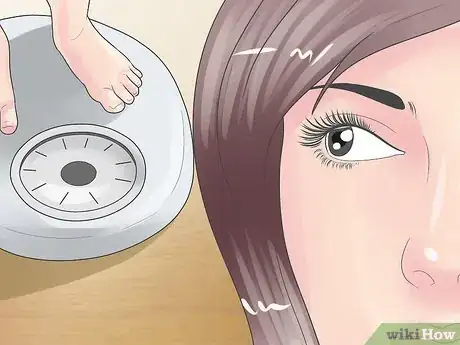
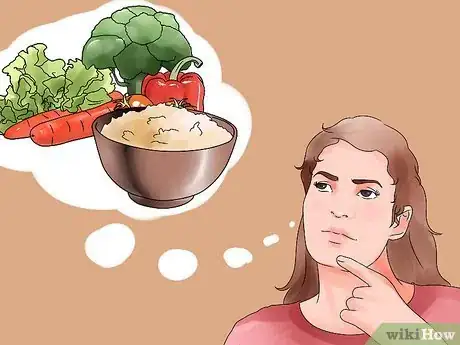


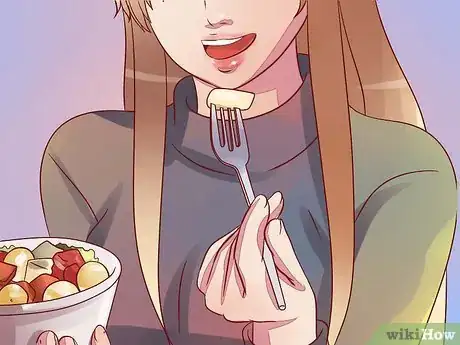
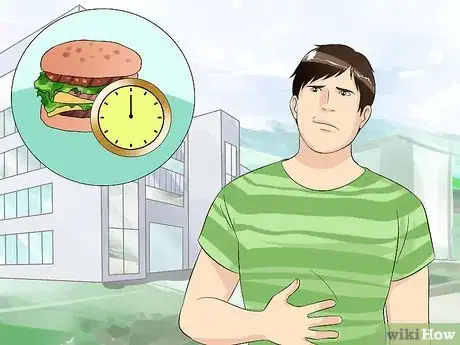
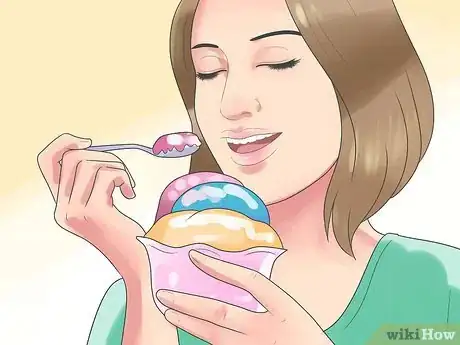
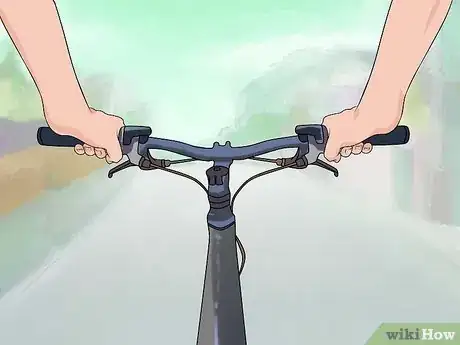


-Step-14-Version-3.webp)

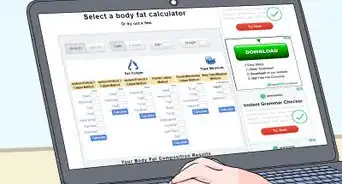

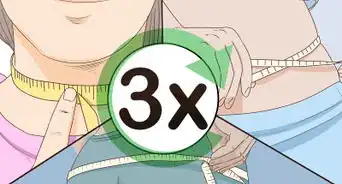

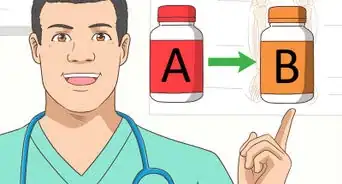

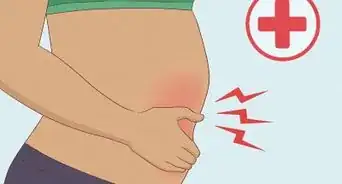

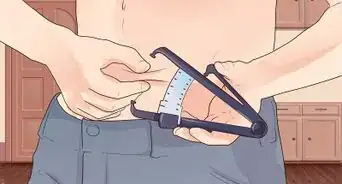












-Step-14-Version-3.webp)



































